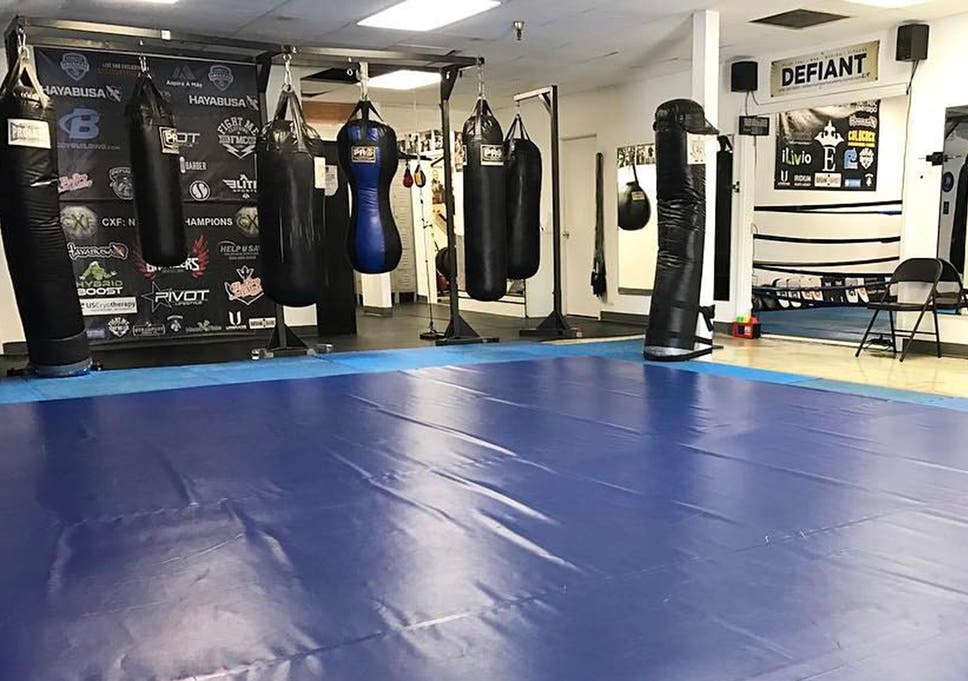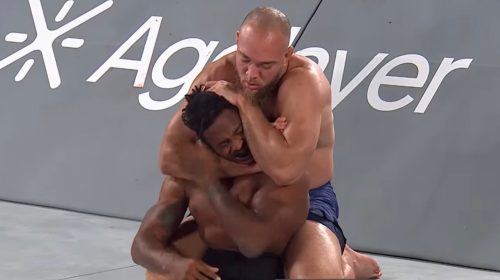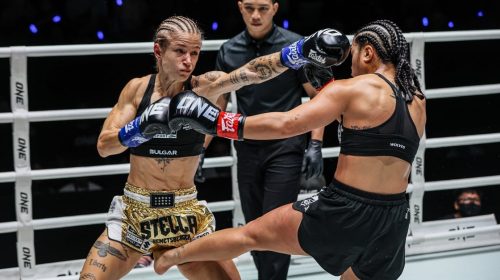
5 Most Important Things When Finding an MMA Gym
MMA is an intense sport that teaches you the core moves of several types of martial arts. It takes patience and commitment to start seeing results.
One of the toughest parts of your MMA journey is finding a gym that is right for you. A good training environment can make all the difference not only your skill development but your love for the sport, too. We recommend keeping these five things in mind when you are searching for an MMA gym:
1. Do They Offer MMA Specific Classes?
Some schools say they are an MMA gym but, in reality, are a BJJ gym that offers some striking classes. Other MMA schools will offer classes dedicated to MMA, which will include lessons in ground and pound techniques as well as cage wrestling.
One is not necessarily better than the other. It is important, however, to be honest with yourself on what you want out of martial arts.
If a school is a traditional BJJ school and offers striking lessons taught by a different instructor who specializes in kickboxing or Muay Thai, you will still get the instruction you need to be a martial artist. If MMA is specifically what you want, you may end up missing out on some nuances an MMA focused school may offer.
2. A Short-Term Contract is Your Friend
You should ideally find an MMA gym without a long-term commitment. If you need to be committed, you may think that it sounds counterintuitive. But think back to how many people sign up for long term gym memberships and will still lack the motivation to show up.
We think short term contracts are your friend because it means an academy needs to consistently offer a high quality of instruction. That school needs to work harder to maintain an accepting and fun culture to keep you coming back.
As you search, there will likely be gyms that will push you on a long-term contract. To be clear, that doesn’t mean that the school has poor instruction or bad culture. It does bring into question, however, where that school’s priorities lie.
It is important to remember that an MMA school is still a local business. The owners of these schools use the revenue from their gym to support themselves. With that said, it doesn’t mean an owner shouldn’t care about maintaining a high level of instruction. They should always continue to work on creating a fun culture.
Be wary of gyms whose entire business is getting people to sign up for long-term contracts and replacing them as people leave the gym.
3. Get to Know Your Instructors
Your instructor doesn’t need to be a world champion or a 5th-degree jiu-jitsu blackbelt. When we say get to know your instructor, we mean to make sure they say who they say they are. If your potential instructor says they are a UFC champion, you should do some research to see if that is actually the case.
In terms of MMA, if you are set on learning MMA as opposed to just BJJ or Muay Thai, it will be helpful if your instructor has MMA experience. A pure BJJ instructor can take you far on your ground game but may spend a lot of time teaching lapel chokes, pulling guard, and other techniques that only work in BJJ.
We recommend finding an MMA gym where the instructors are MMA fighters.
4. Do They Have a Competition Team?
For many, martial arts is more than just getting in shape and learning a new skill. Many like to compete. In the case of MMA, they like to jump into the Octagon. You don’t necessarily need to decide if you want to jump in the Octagon at the get-go, but seeing if your potential gym has a competition team can at least give you that choice down the line.
There are numerous schools out there that don’t emphasize competition or they don’t have a formal fight camp regiment. If you have any aspirations for competing, you want a school that has a good fight camp program set up.
5. Evaluate the Culture
Evaluating the culture of an academy can be hard to gauge in one class. We recommend signing up at schools that offer trial classes.
For the most part, trial periods will be one free class, though a great deal also offers the first week free and there are some schools that even offer the entire month.
During the trial, you should keep an eye out for a few key things. For one, when it comes to sparring, does everyone treat it like UFC Fight Night? A school that says its a culture that says it’s ok to go hard every time you spar may have a toxic culture, making it harder for newer people to assimilate and learn the ropes.

























